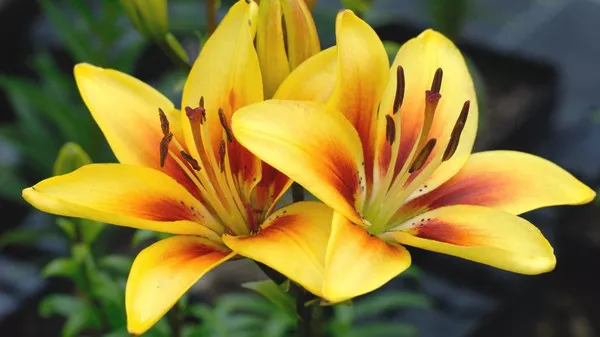Recent observations suggest that plants engage with their environment in ways that challenge conventional notions of consciousness, according to Paco Calvo, a professor at the University of Murcia in Spain.
Calvo, whose research focuses on plant intelligence and problem-solving, has documented instances where plants like the mimosa appear to “learn from experience” by adjusting their behavior, such as ceasing to fold their leaves. “In psychology, that’s the most basic form of learning,” Calvo explained, “indicative that the plant has acquired knowledge through experience rather than solely from genetic coding.”
Beyond individual learning, Calvo pointed out that plants also communicate chemically, solve problems, and demonstrate what could be construed as memory. Unlike animals, which typically possess a central nervous system, plants rely on a vascular system to transport essential nutrients. Despite these differences, Calvo argues for a broader definition of intelligence that encompasses these distinct biological systems.
“We often perceive plants solely as resources,” Calvo lamented, “yet they possess an intelligence that does not hinge on a brain. Understanding this could provide insights into our interconnectedness within the tree of life.”
Calvo highlighted examples such as plants adjusting water usage based on past drought experiences and strawberries associating light with nutrient-rich areas. Moreover, plants exhibit adaptive behaviors such as timing the release of pollen to coincide with the presence of pollinators like bees.
However, Calvo acknowledged that the concept of plant intelligence challenges traditional human-centric views of intelligence, which predominantly associate intelligence with animals possessing brains.
“Our understanding of intelligence is anthropocentric,” Calvo critiqued. “It overlooks potential forms of intelligence and consciousness in non-animal life forms.”
Support for Calvo’s assertions comes from a recent study at Cornell University, where researchers observed goldenrods emitting a chemical signal when attacked by beetles. Nearby plants detect this signal and preemptively activate defense mechanisms, a phenomenon that suggests adaptive behavior akin to decision-making.
Andre Kessler, a professor at Cornell specializing in chemical ecology, noted, “This aligns with our definition of intelligence, where plants modify their behavior based on environmental feedback.”
Calvo’s perspective underscores a growing movement among scientists urging a reevaluation of how we perceive plant capabilities. They propose that plants, through their adaptive responses and problem-solving abilities, demonstrate a form of cognition that parallels human thought processes, albeit without a central brain.
In essence, Calvo and his peers advocate for a broader framework that recognizes and studies intelligence beyond the confines of the animal kingdom, inviting a reconsideration of our place within the intricate web of life on Earth.


